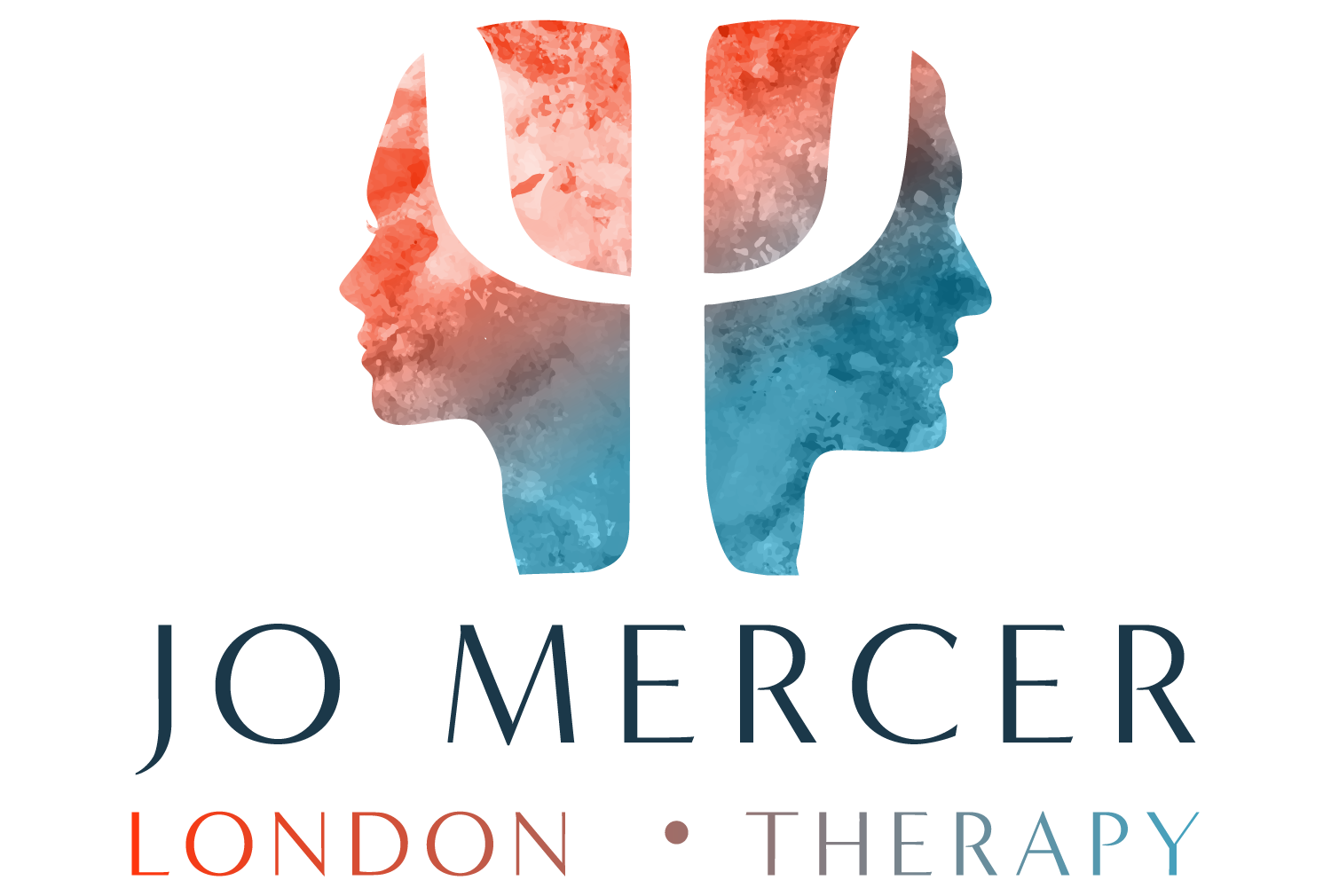
Psychotherapy
No two people are the same
We are all exposed to external life stressors, yet we all respond differently. Much current mental health messaging seems to suggest a one-size-fits-all approach to mental wellness. Yet it is our individual differences that lead one person to recover quickly from a setback and another to experience prolonged difficulties.
Psychological problems are common and may affect any one of us at some point in our lives. Some are short-lived and respond well to time-limited, focused, psychotherapy; others are more chronic and are likely to respond better to longer-term psychotherapy.
In determining what is the best way forward, it is crucial to attend to the history of the unique person seeking treatment.
The past affects the present
I offer psychodynamic psychotherapy. This kind of therapy pays attention to past experiences in order to throw light on what is happening in the present. Exploring themes from the past often reveals how long-standing patterns of behaving or relating run the show from “behind the scenes”, outside of conscious awareness.
Problems brought to therapy often have deep underlying causes that require time and mental space to explore and elucidate. It is common for people to arrive in therapy with some awareness that they repeat long-standing patterns, perhaps in relationships or at work.
Psychotherapy is a collaborative process which aims to help the individual to understand themself better. Becoming aware of unconscious patterns opens the possibility of changing them. This, in turn, leads to greater freedom, and the flexibility to make more congruent choices in the future.
Psychodynamic Psychotherapy
Psychodynamic psychotherapy is an effective, evidence-based, treatment which can help both moderate and complex deep-rooted difficulties. It can help people who are seeking therapy for the first time, as well as those who have tried other forms of treatment or briefer therapies in the past.
There is information about the evidence base for psychodynamic psychotherapy here.
Who is Psychotherapy for?
People from all walks of life seek therapy for as many different reasons. Sometimes the cause of distress is apparent, for example as a response to a specific loss, such as redundancy, divorce, or bereavement. Alternatively, there may be a profound and painful sense of detachment, emptiness, or unease, resulting in generalised feelings of sadness or anxiety. Life may simply feel stuck, meaningless, or unfulfilling.
The length of treatment varies according to the individual but, generally, longer-term difficulties take a longer time to resolve.

“It is the capacity to think about emotional experiences, to engage with them, suffer them, which promotes growth - a capacity constantly opposed by intolerance of frustration and of the pain of emotions.”
MARGOT WADDELL (1993).
Services
Free chat
It is not unusual to feel uncertain or anxious about starting psychotherapy. An experienced therapist will be aware how daunting this first step can be, and will support you in getting started.
If you would like to explore the option of starting therapy with me, I offer a free 15-minute chat to get the ball rolling.
Exploratory Session
Research suggests that the most important factor in determining the success of psychotherapy is the relationship of respect, trust and collaboration which is built up between you and your therapist.
If you think you would like to work with me, I always suggest we begin with a no-commitment exploratory session, so that you can meet me and get a feeling for what working with me would be like.
This exploratory session gives you the space to describe your history and current difficulties in more depth than could be covered in a short phone call.
Naturally, talking about what brings you to therapy is likely to bring up some difficult feelings. Exploring this experience with me will give you an insight into whether I feel like the right therapist for you. Sometimes it may be appropriate to have several such exploratory meetings before deciding to move on to ongoing therapy.
Psychotherapy
After the exploratory session - or sessions - we will both have a good feel for whether I can help you.
If you would like to move on to ongoing therapy with me, we would agree a regular time slot to meet at the same time, on the same day, every week. This ongoing slot is reserved solely for you.
Sessions last for 50 minutes and begin on the hour.

